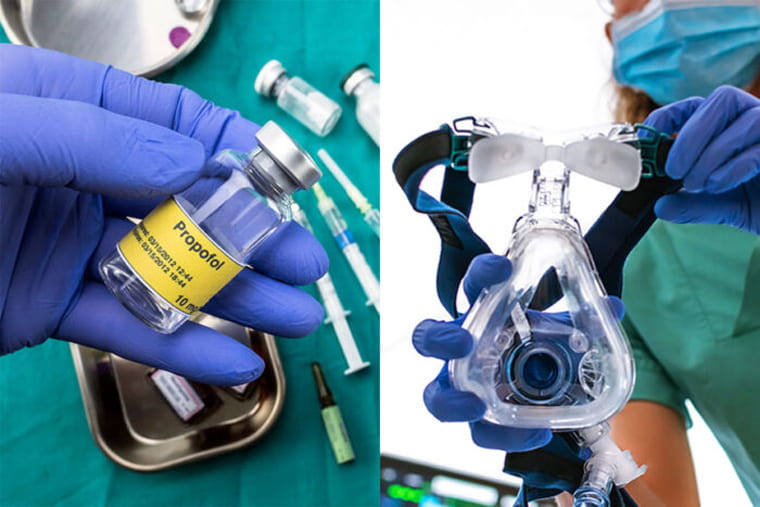More than 50,000 surgical patients undergo general anesthesia every day in the United States, but clinicians and scientists lack evidence indicating which types of anesthesia drugs result in the best outcomes for patients.
A new study led by researchers at Washington University School of Medicine in St. Louis and the University of Michigan will compare intravenous propofol to inhaled anesthetic drugs to determine which of the common anesthetic drugs offers better patient recovery experiences and improved clinical outcomes.
With a $33 million grant from the Patient-Centered Outcomes Research Institute (PCORI), the researchers will coordinate a study called THRIVE — Trajectories of Recovery After Intravenous Propofol vs. Inhaled Volatile Anesthesia. The 6½-year study will be conducted at clinical centers that are part of the Multicenter Perioperative Outcomes Group (MPOG), for which the University of Michigan is the coordinating center.
Other centers that are part of the MPOG group — including Washington University, the University of Pennsylvania, and Stanford University — will design and plan the study. About a dozen other MPOG clinical centers will enroll patients.
Sachin Kheterpal, MD, the associate dean for research information technology and a professor of anesthesiology at the University of Michigan and Washington University’s Michael Avidan, MBBCh, the Dr. Seymour and Rose T. Brown Professor and head of the Department of Anesthesiology, are the study’s principal investigators.
“General anesthesia is widely regarded as one of the most important medical advances in history, allowing millions to safely undergo invasive surgical procedures without suffering,” Avidan said. “The THRIVE trial is designed to answer fundamental questions regarding which of the two main anesthesia techniques provides a superior experience for patients during the recovery period, without compromising safety.”
